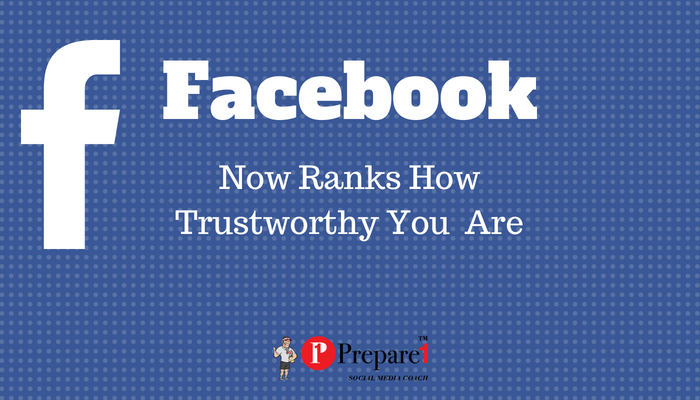
Are you trustworthy?
Your business?
How trustworthy is Facebook founder and CEO Mark Zuckerberg?
Back in 2010, shortly before the release of The Social Network, a film that famously documented the sketchy history of Facebook, The New Yorker published its own profile of Facebook co-founder and CEO, Mark Zuckerberg.
Yes, this is the same Zuckerberg who’s been testifying before Congress as a direct response to the social platform’s latest scandal. The questions from Congress have mostly centered around Facebook’s dedication to its users’ privacy and the protection—and selling—of their data.
Funny enough, this line of questioning directly ties back to that OG New Yorker profile, which included a few select IMs Zuckerberg sent back in his Harvard days, when he was first building the site.
The New Yorker reported that a site called Silicon Alley Insider first obtained these messages and posted a transcript. One of the conversations references Zuckerberg’s ability to access information about any Harvard student:
Zuck: yea so if you ever need info about anyone at harvard
Zuck: just ask
Zuck: i have over 4000 emails, pictures, addresses, sns
Friend: what!? how’d you manage that one?
Zuck: people just submitted it
Zuck: i don’t know why
Zuck: they “trust me”
Zuck: dumb #$#??
Earlier this year, Facebook said it would introduce trust ratings for media outlets, which would help determine which news articles get higher ranking in people’s News Feeds. CEO Mark Zuckerberg has pledged to crack down on the spread of false news, which is a growing problem for Facebook.
Facebook has started evaluating the trustworthiness of its users by assigning them with reputation scores from zero to one when they report news articles as being false.
HOW DO THE TRUST SCORES WORK?
Facebook sends news articles reported as false to third-party fact checkers to verify. Who are these third-party fact checkers? They are not saying. Does this concern anyone?
Over the past year, it began using this trustworthiness rating to help judge the reliability of the person flagging the disputed news articles. If someone routinely falsely flags news articles later found to be accurate, it reduces their credibility the next time they dispute an article.
If a Facebook user routinely accurately flags false news, that person’s score improves. Other signals are used to evaluate users when they flag articles as false, but Facebook won’t say what they are because it does not want people to game the system.
“Big Brother is Watching You.”
― George Orwell, 1984
WHAT IS YOUR FACEBOOK TRUSTWORTHINESS SCORE?
It’s a mystery.
You can’t see your score or anyone else’s. But it’s important to remember: this is a score for misinformation, not for anything else on Facebook. And this is just one in a number of indicators that Facebook relies on.
“Who controls the past controls the future. Who controls the present controls the past.”
― George Orwell, 1984
“People often report things that they just disagree with,” Tessa Lyons, Facebook’s product manager for fighting misinformation.
In that sense, this may be less of a “trust” score and more of a “fact-check” score, and the name isn’t likely to do it any favors. Algorithms are often flawed and can have larger, deleterious effects that aren’t immediately visible, so Facebook will have to be careful about what other information it factors in and how else this score is used, lest it accidentally discount reports from a specific community of people.
Facebook pushed back on the score’s eeriness factor in a statement to Gizmodo, saying that the company doesn’t maintain a “centralized ‘reputation’ score.” Instead, the system is just part of “a process to protect against people indiscriminately flagging news as fake and attempting to game the system … to make sure that our fight against misinformation is as effective as possible.”
Facebook is the least-trusted major tech company
56 percent of Americans trust Facebook the least out of any major tech company.
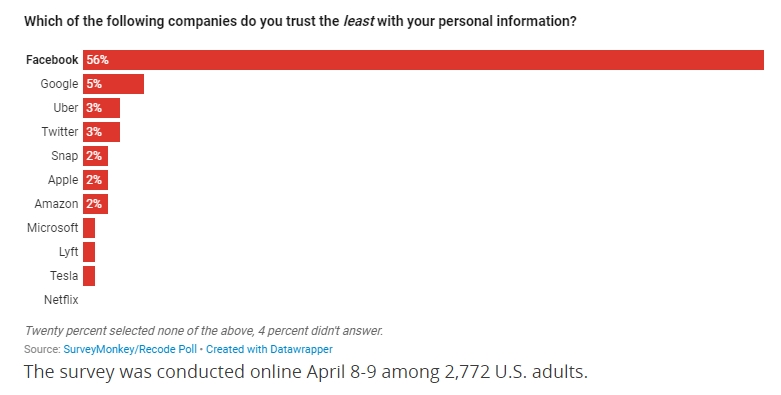
But so much for judgement. What about solutions? Facebook began using a similar system to rank the trustworthiness of news organizations earlier this year. CEO Mark Zuckerberg told a group of reporters at the F8 conference he was working on a ranking system, and news ranked as untrustworthy would be less visible in news feeds.
Trouble is, he might not be able to implement the same solution to deal with untrustworthy users, or you run the risk of impeding their ability to use Facebook. The thought that Facebook might actually quash your speech because of an internal metric you don’t know anything about is more alarming than the idea they’re judging you in the first place.
On Facebook, many people have a line they just won’t cross.
“Social media use has peaked in the industrialized world and we’re actually starting to see the decline,” Ross Gerber, an analyst with wealth and investment management firm Gerber Kawasaki, told CNBC Wednesday, “This is what Facebook is going to have to deal with moving forward as people realize how incredibly creepy it is.” He cited “intrusive surveillance” of Facebook users.
Maybe that’s why Facebook is looking into doing financial transactions with you.
Would you trust Facebook with your money?
About Blair

Blair Evan Ball is a Social Media Coach and founder of Prepare1, a company that works with businesses, individuals and non-profits. He is a former executive with a Fortune 50 company, and his national division did $1Billion+ in sales annually.
Blair has written three e-books: Facebook for Business Made Easy, Facebook Pages for Business Made Easy, and WordPress Blog Setup Made Easy.
Blair also educates, trains entrepreneurs and business professionals how to amplify their brand, increase revenues, and raise more funds.
![[Study] How Will Businesses Change Their Social Media Activities 5 Golden Rules for Sharing on Social Media](https://www.prepare1.com/wp-content/uploads/2014/03/COACH-logohat-162x300.jpg) The Race is ON! | PREPARE | Get into the Game and WIN!
The Race is ON! | PREPARE | Get into the Game and WIN!
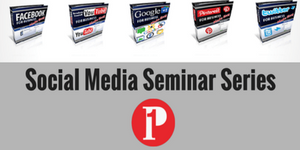
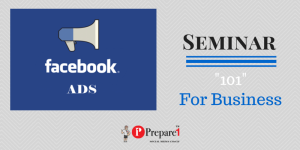



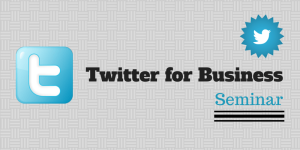
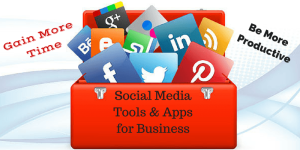
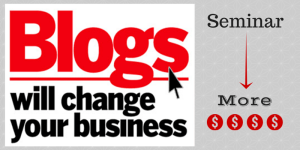
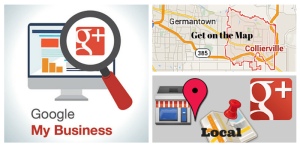

Comments on this entry are closed.
{ 1 trackback }